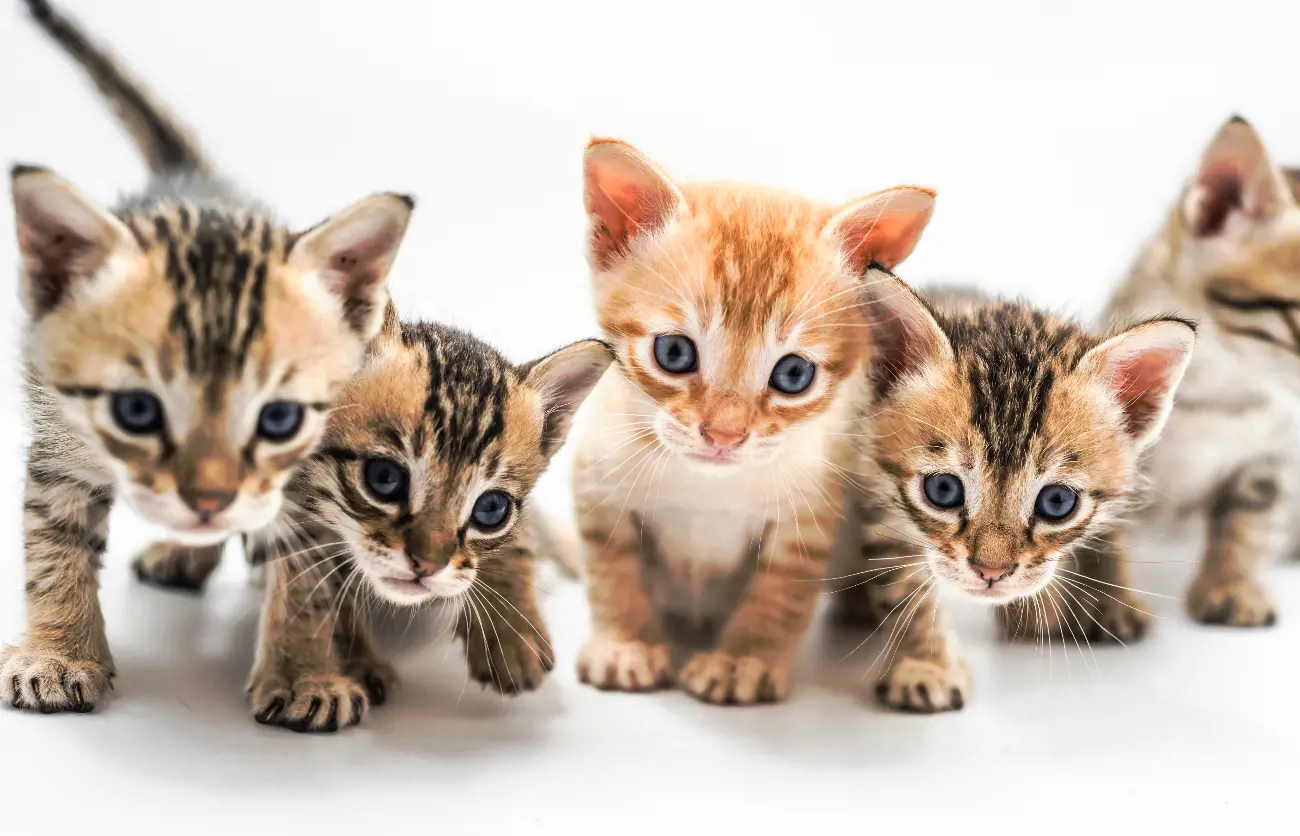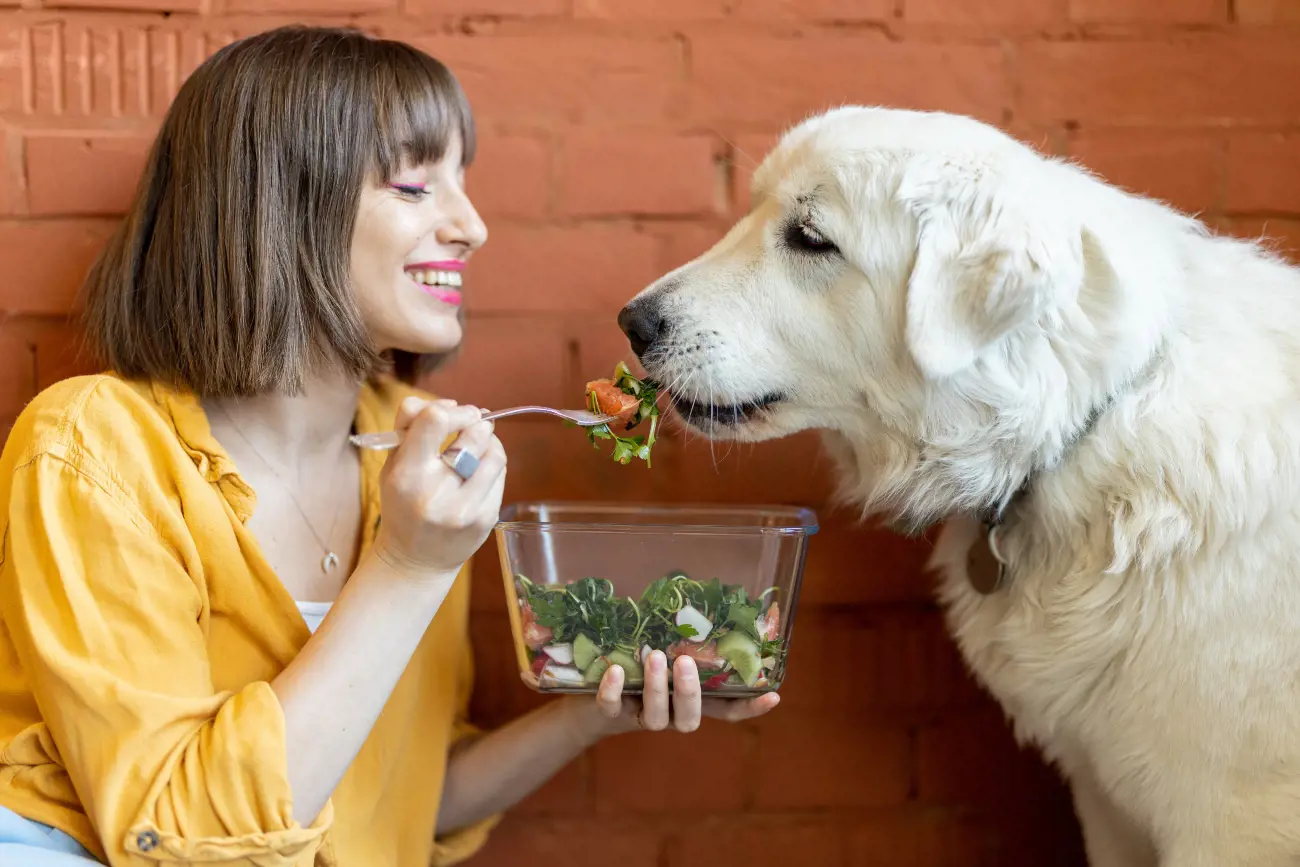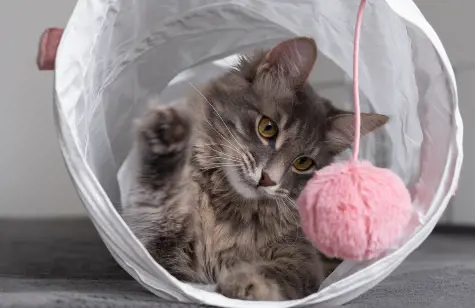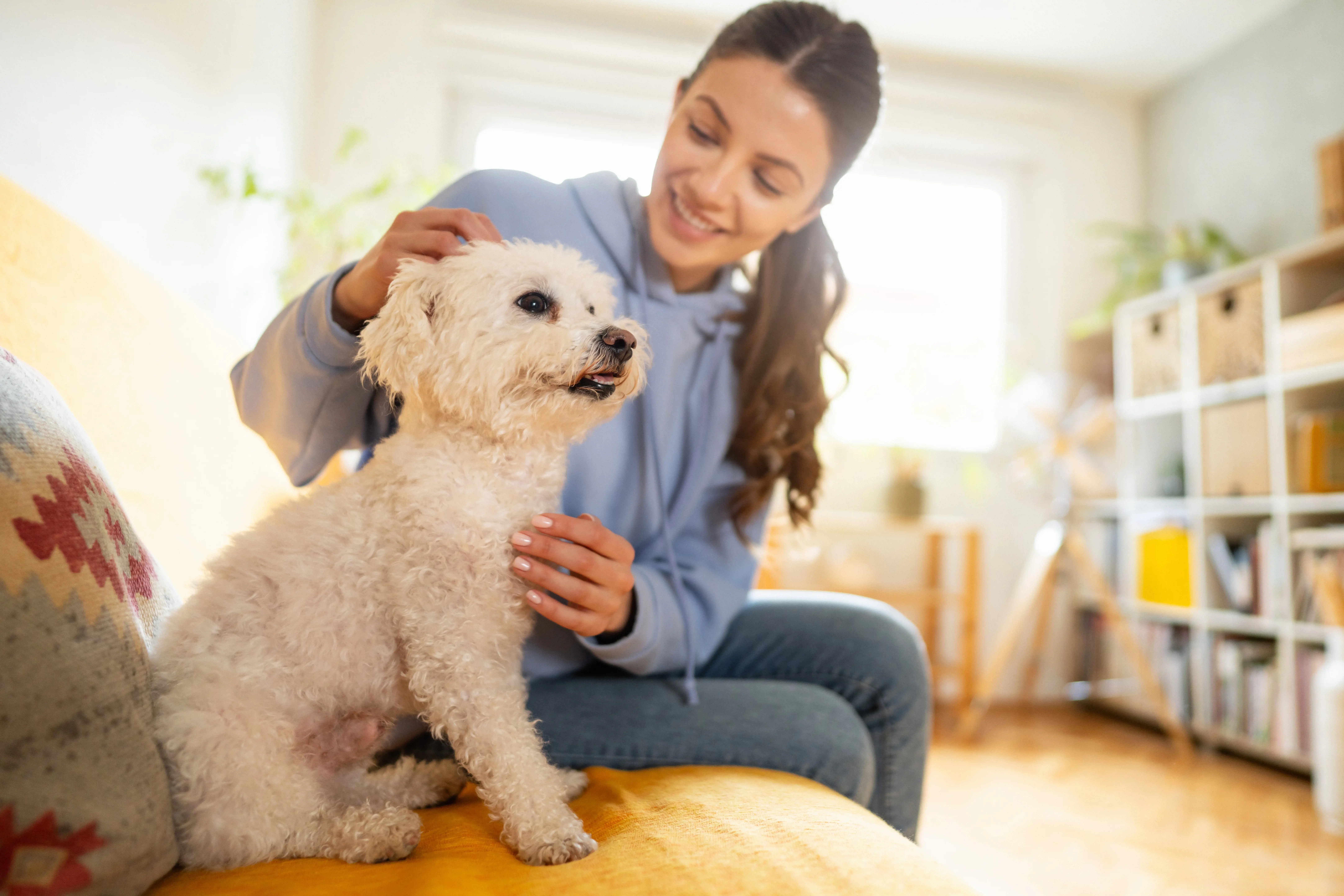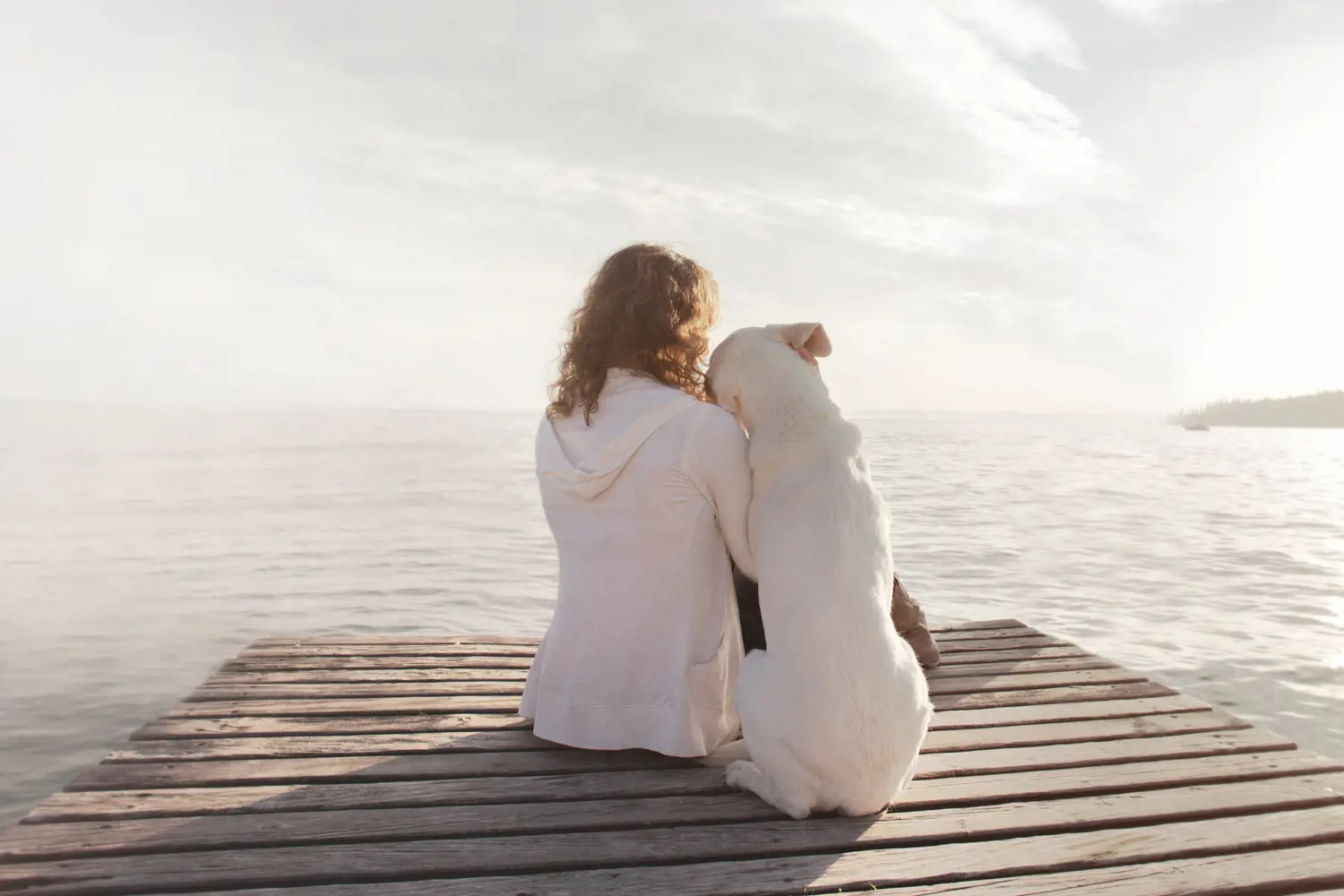Is a dog's mouth cleaner than a human's mouth: The truth unleashed
18th June, 2024
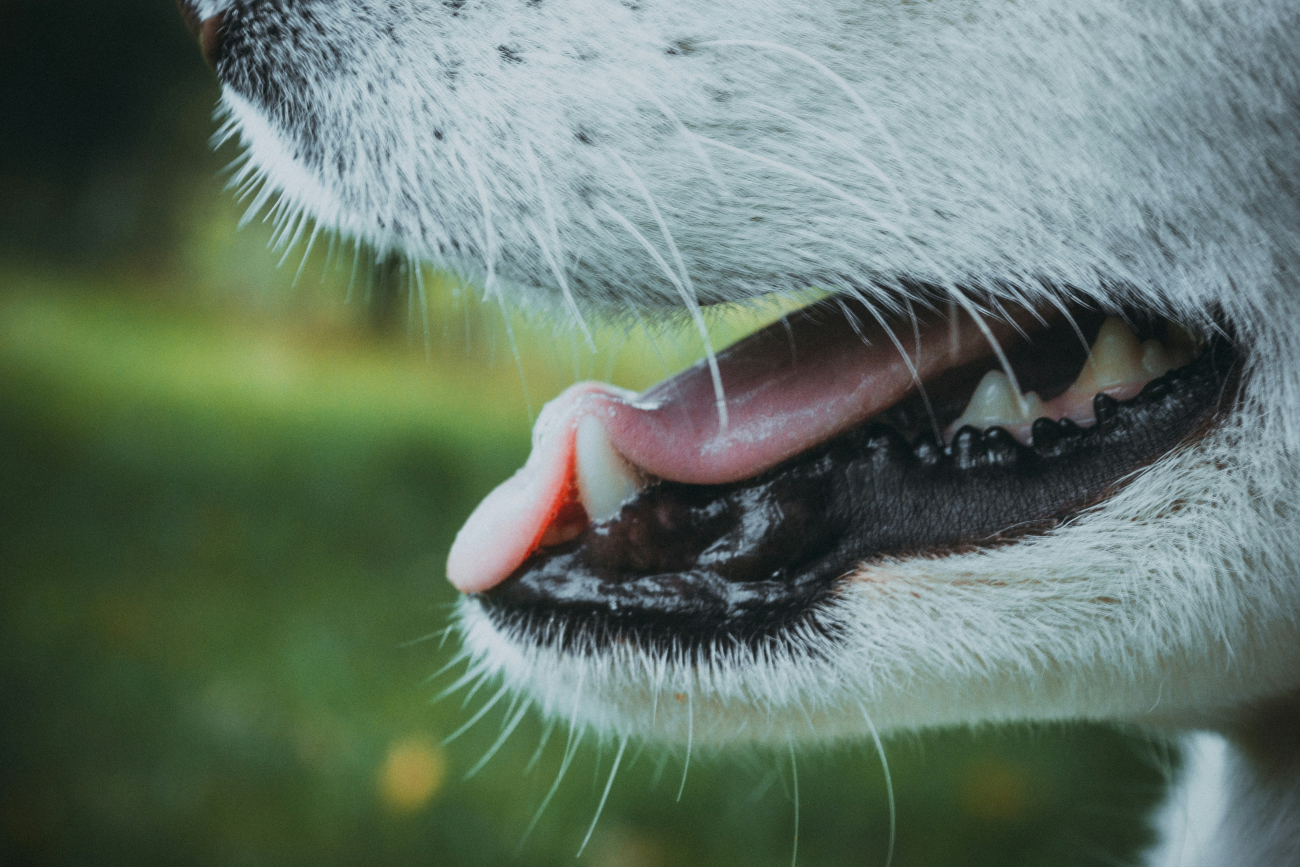
Everyone who has a canine companion must have heard the statement, "a dog's mouth is cleaner than a human's mouth," at least once. It's time to delve into the truth behind this statement. Is it just a myth, or is there some scientific backing to it? Let's fetch the answers.
A tale of two mouths
When it comes to comparing a dog's mouth with a human's mouth, it's akin to comparing apples and oranges. The composition of bacteria, the hygiene practices, and the potential for dental disease transmission are all different.
So, to answer the question, "Is a dog's mouth cleaner than a human's mouth?" in short, the answer is "No.” Let's bite into the details.
The bacterial battlefield
The canine and human mouths are teeming with bacteria, with both hosting hundreds of different species. However, the species of bacteria found in each are predominantly distinct.
For instance, the bacterial family responsible for periodontal disease in both dogs and humans is Porphyromonas; however, the specific bacteria differ, with P. gingivalis in humans and P. gulae in dogs. For more information check out our guide to gingivitis in cats and dogs.
The ballpark figure for different types of bacteria is around 600 for dogs and 615 for humans. However, don't worry; most bacteria in your dog's mouth are not zoonotic, meaning they're unlikely to cause disease in humans.
That being said, keep those sloppy kisses in check, especially if your pup has a penchant for less-than-hygienic snacks like faeces or contaminated dog food.
Disease transmission: Should you be worried?
The widespread belief that a dog's mouth is cleaner than a human's might stem from the fact that we don't usually exchange diseases with our pets. It's true that you're not going to catch the flu from a doggy kiss, but you might from a human one. But, bear in mind, there are exceptions to this rule.
Certain bacteria, like Pasteurella canis, commonly found in a dog's mouth, are harmless when confined to the oral cavity. However, if introduced into an open wound, they can lead to severe infections, resulting in serious complications and even fatality.
Dogs that are fed a raw diet or have a habit of feasting on contaminated food can contract salmonella, which can potentially be spread to humans. So, while smooching with your pooch is less risky than with another human, it doesn't necessarily imply that your dog's mouth is cleaner.
The healing power of dog saliva: Fact or fiction?
Moving onto another common belief: dog saliva promotes wound healing. This belief isn't entirely baseless. The act of licking a wound can assist in wound healing by removing dirt and debris, thereby reducing the risk of infection. But it's not just canine saliva; this trait is found in saliva of humans and other mammals as well.
Saliva contains proteins called histatins that have infection-fighting properties. Moreover, research has found that wounds licked by dogs heal twice as fast as unlicked wounds.
But before you let your dog play nurse, remember that saliva also carries risks. Excessive licking can cause self-mutilation and infection. Therefore, it's best to stick to conventional wound care techniques.
Optimal oral hygiene: A must for both species
Regardless of the cleanliness comparison, maintaining optimal oral hygiene is paramount for both humans and dogs. Both are susceptible to dental diseases and require regular dental care to keep harmful bacteria at bay. Regular brushing and dental cleanings for dogs can help prevent periodontal disease and other oral health issues.
Teaching your pup to enjoy tooth brushing can make the process a lot smoother. Remember to use dog-specific toothpaste, as human toothpaste often contains xylitol, a substance toxic to dogs.
The potential hazards of dog saliva
While the risk of infection from a dog's saliva is generally low, a study suggests that certain groups, including children under 5, adults over 65, pregnant women, and immunocompromised individuals, are more susceptible.
Bacterial infections, such as those caused by Pasteurella canis or Capnocytophaga canimorsus, can be transmitted through a dog bite wound. These infections can be serious, particularly in vulnerable individuals. If bitten by a dog, it's crucial to clean the wound thoroughly and immediately seek medical attention.
Moreover, if your dog's saliva comes into contact with your mouth, it could potentially transmit harmful bacteria like Salmonella or E. Coli, particularly if your dog is on a raw food diet.
When dog saliva meets human skin
Your skin isn't a very efficient absorber of saliva, so being licked by a dog usually poses little risk of infection, provided they're not licking a wound. However, some people might be allergic to a dog's saliva, which can trigger skin reactions like hives, rash, or intense itching.
Protecting vulnerable individuals from dog saliva
For those with a heightened risk of infection from dog saliva, such as children under 5, the elderly, pregnant women, and immunocompromised individuals, it's best to avoid contact with dog saliva. Never leave a child unsupervised around a dog, and use diversions like toys to keep your dog from licking your child.
Training your dog not to lick
If you're allergic to dog saliva or have a compromised immune system, training your dog to refrain from licking you is important. This can be challenging, but with consistency, your dog will learn.
Simply get up and walk away when your dog tries to lick you. Ignoring your dog in this situation teaches them that licking does not result in rewards like attention or treats.
Keeping your dog's mouth clean
Maintaining your dog's oral health is crucial. Here are some tips to ensure your dog's mouth stays fresh and healthy:
- Brush your dog's teeth 2-3 times a week using dog toothpaste.
- Use a dental water additive made for dogs.
- Give your dog dental treats approved by the Veterinary Oral Health Council.
- Schedule regular veterinary dental cleanings.
Remember, keeping your dog's mouth healthy not only keeps those canine kisses fresh but also contributes to their overall health and wellbeing. At Purely Pets, dental accidents are covered in year 1 of a policy but from year 2 onwards, dental illness will also be covered.
You can get a quote for dog insurance through our website. If you prefer to talk to one of our dog insurance team members, feel free to reach us at 0330 102 5748.
Conclusion
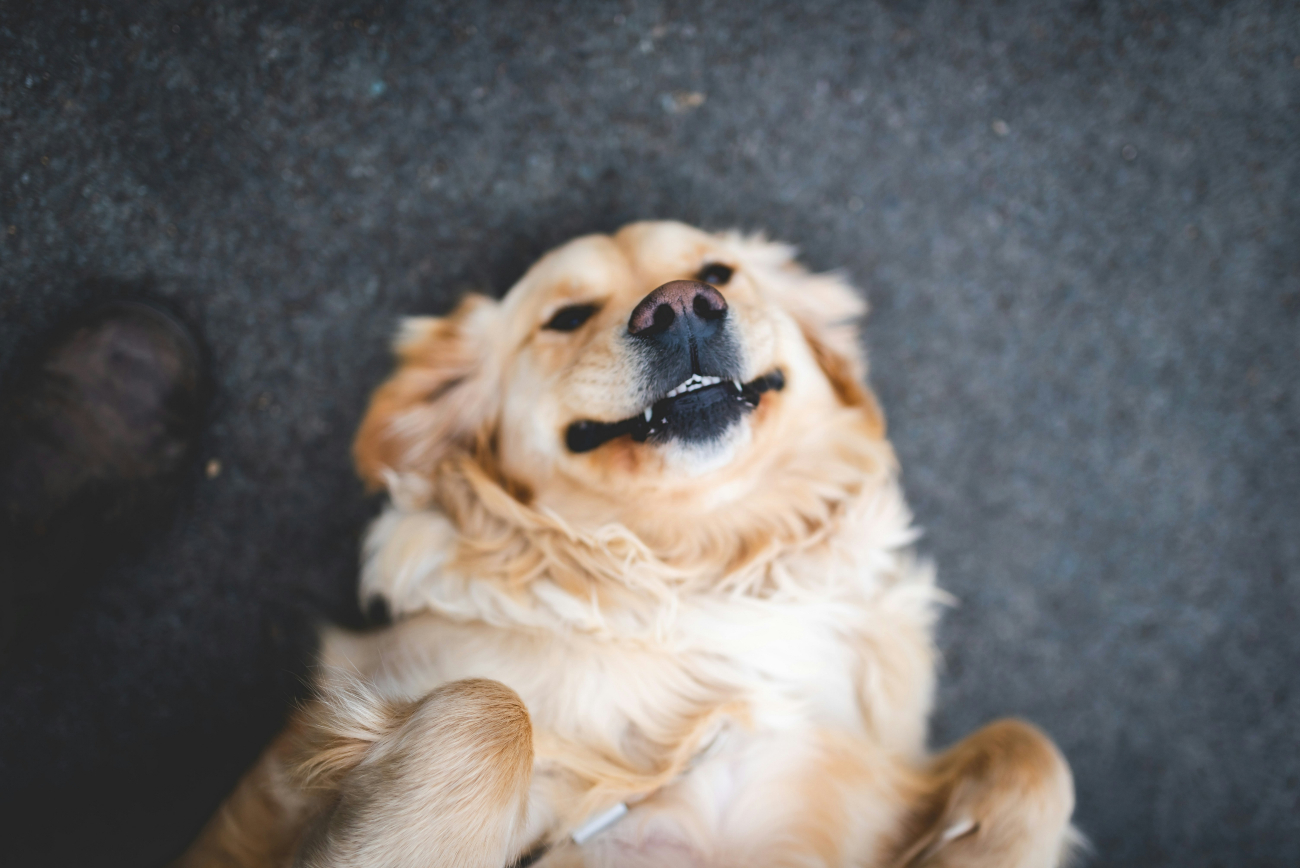
So, is a dog's mouth cleaner than a human's mouth? No, it's not. But it's not necessarily dirtier either.
Both human and canine mouths are teeming with bacteria, but the types of bacteria differ. What matters most is maintaining good oral hygiene practices for you and your canine companion, ensuring those sloppy kisses stay as safe and fresh as possible.
Helpful Pages
Recent Posts
Pet Insurance Quote
- 98% claims paid *
- Claims paid directly to vets
- 24/7 vet video consultations
- Interest free monthly payments
